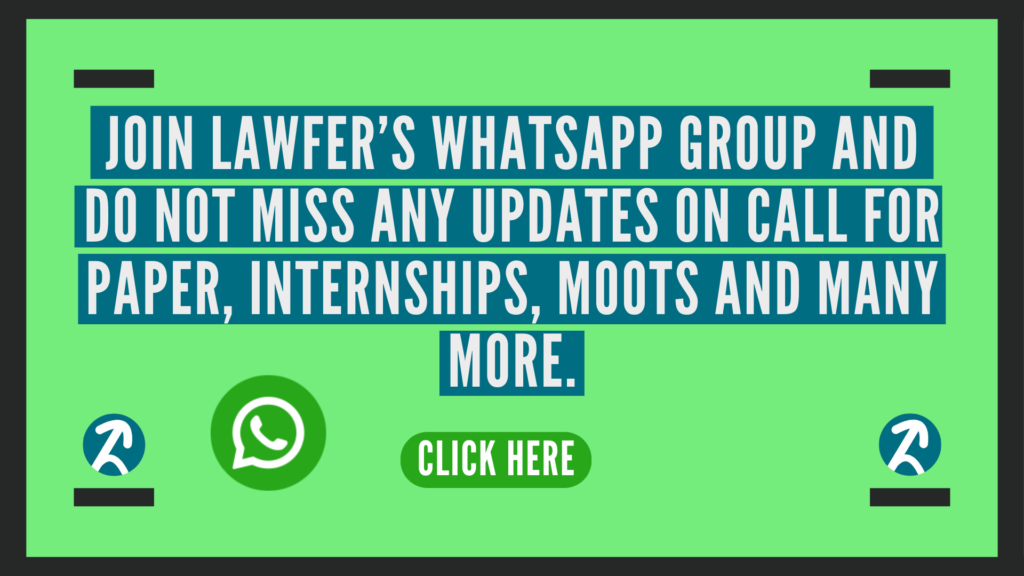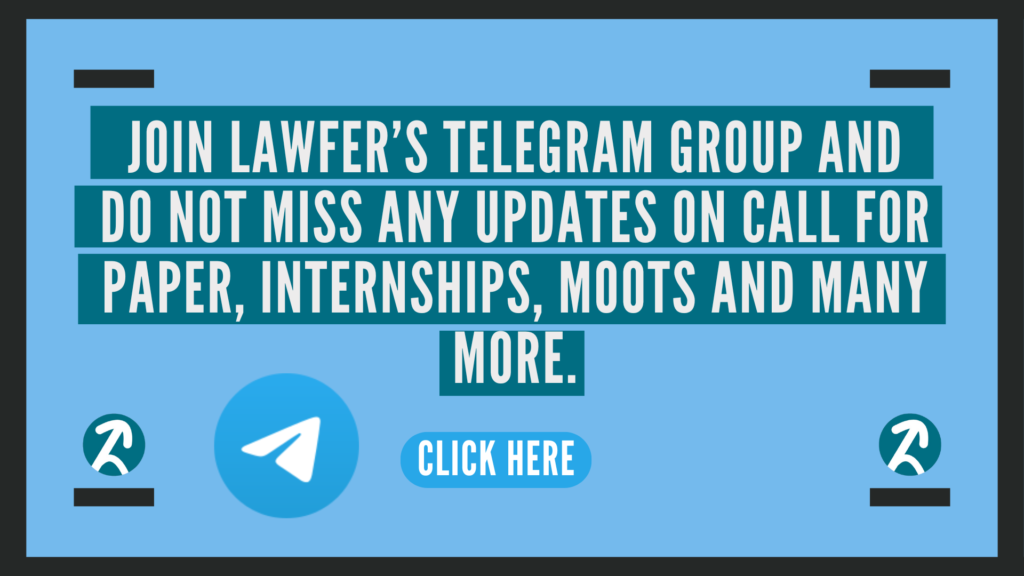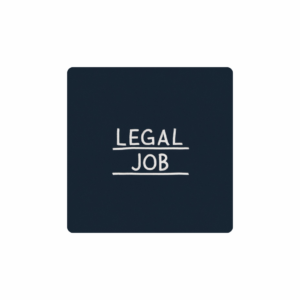Submissions invited for an International Symposium on Legal Empowerment of the Poor by O.P. Jindal Global University. Submit Abstracts by May 30!
About the Centre for Legal Empowerment of Poor
Jindal Global Law School (JGLS) and Jindal School of Government and Public Policy (JSGP) collaborated on CLEP. In order to provide diverse interventions that address both theoretical and practical issues pertaining to the LEP, this collaboration is crucial to achieving the synergy between law and policy.
The goal of CLEP is to promote legal empowerment of the poor through research, instruction, and practice. Professors Ajay Pandey of JGLS and Naresh Singh of JSGP, Executive Dean of the school, co-direct CLEP.
International Symposium on Legal Empowerment of the Poor
Poverty affects large segments of the population in many countries and is still a chronic concern. International, multilateral, and regional organizations, as well as national governments, have all set poverty alleviation as their primary objective.
Numerous approaches to reducing poverty have been put into practice by governments and international organizations, and in certain circumstances, they have been effective.
Global consensus has been reached that poverty is multifaceted and involves more than just a lack of money and income. Lack of options and possibilities in life is a key component of poverty that affects all other aspects of it, including access to healthcare and education. An individual must be empowered in order to make decisions and take advantage of opportunities.
Law has been used to combat poverty, but the methods have always been top-down, treating the populace as beneficiaries with little room for them to exercise greater agency and choice. Furthermore, rather than concentrating on individuals, these methods targeted legal organizations and attorneys. Moreover, these solutions were restricted to specific countries' settings, which presented additional drawback.
When it initially gained attention in the 2000s, legal empowerment of the poor offered a workable substitute. Over the past few decades, empowerment has become a term in both academia and the charity sector. The poor's legal empowerment hasn't gotten much notice, though.
The first Sustainable Development Goal is to eradicate poverty worldwide in all of its manifestations. Legal empowerment of the poor, according to CLEP, is the key to achieving this objective. Through the process of legal self-empowerment, outside parties enable impoverished communities to take legal action in defense of their rights to property, labor, and commercial rights, as well as access to justice and the rule of law. The process is supported by prerequisites including voice, information, knowledge, and legal identity.
CLEP is hosting a symposium at O.P. Jindal Global University on October 25 and 26, 2024, to explore and strengthen ideas for the legal empowerment of the underprivileged and to start a conversation among diverse stakeholders on the aforementioned elements.
The Symposium will have panel discussions and presentations, and if the peer review process goes well, the published papers will appear in the Jindal Global Law Review.
Themes
-
Sustainable Livelihoods
-
Access to Justice and Rule of Law
-
Inclusive property rights
-
Labour Rights
-
Business Rights
Sub themes
Attainment of legal empowerment, role of judges/ activists/ students in legal empowerment, community mobilisation, need to expand the definition of legal person, necessity to promote inclusive financial services, role of politics in legal empowerment, role of ‘identity’ &’voice’ in empowerment, and legal & policy reform necessary for bringing the imperative change.
Submission Categories
-
Article – 8,000 and 10,000 words.
-
Short Essay – 5,000 and 6,000 words
-
Case Study/ field notes (relating to legal empowerment work) – 2,000 and 3,000 words.
-
Photo Essay/ Reviews of books – 1,500 and 2,500 words.
Important Dates
-
Deadline for submission of Abstract: 30th of May 2024 [acceptance of abstract by 25th of June, 2024]
-
Full papers due on: 25th of August 2024
-
Symposium: 25th & 26th of October 2024 [Hybrid]
How to Submit?
Email to clep@jgu.edu.in
Format for Submission
-
Times New Roman, 12-point, and double-line spaced.
-
Use margins of at least 2.5 cm (or 1 inch).
-
OSCOLA style of referencing
Publication
Selected manuscripts will be published in Jindal Global Law Review, subject to the successful outcome of the peer reviewing process.
Who is it for?
Students, academicians, researchers, policy professionals, NGOs, anyone interested in contributing to the space of legal empowerment of the poor.
Chairs
Naresh Singh & Ajay Pandey
Co-chairs
Pratik Phadkule & Sonal Hundlani
Accommodation
Limited accommodation on first come first serve basis.
Contact
Email: pphadkule@jgu.edu.in, sonal.hundlani@jgu.edu.in
Click here for the official notification.
Click here to download the brochure.







